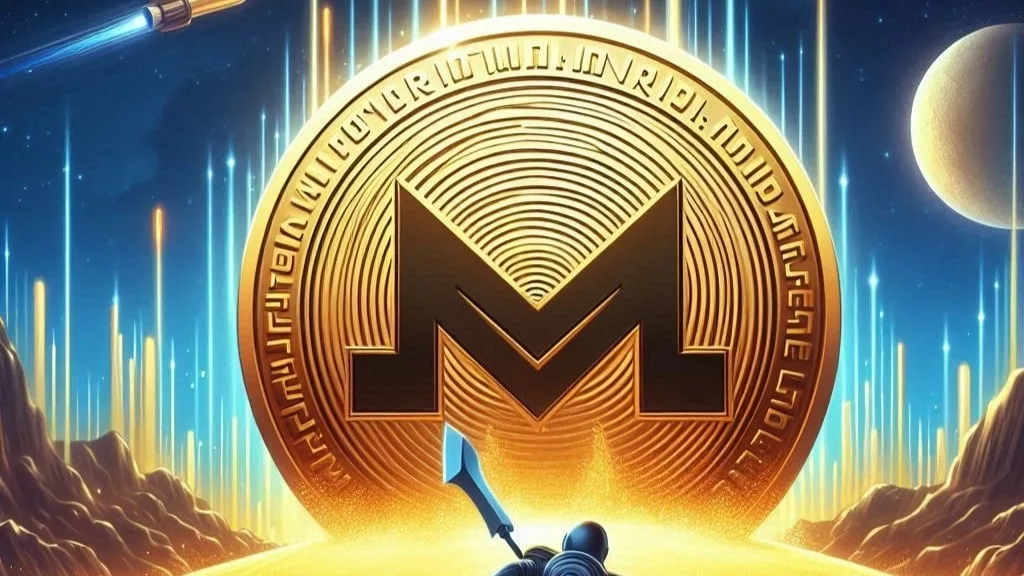
Bitcoin mining—once viewed as an energy-hungry villain—has quietly emerged as an unexpected ally in the continent’s push toward a sustainable energy future. While the environmental costs of cryptocurrency mining have long been a topic of heated debate, recent developments show that Bitcoin miners are playing a crucial role in stabilizing Europe’s energy grid, utilizing surplus energy, and aiding the integration of renewable energy sources.
This surprising shift comes at a time when Europe is under immense pressure to rethink its energy strategies, prompted by geopolitical tensions, rising energy costs, and the urgent need to reduce carbon emissions. Amid these challenges, Bitcoin mining has found its place as a flexible, adaptable technology capable of supporting the energy transition in ways that many might not have imagined just a few years ago.
The European Energy Crisis: A Perfect Storm
Europe’s energy crisis has deepened in recent years, fueled by rising energy prices, political instability, and the ongoing push to move away from fossil fuels. Countries across the continent have embraced renewable energy sources like wind and solar, with Germany leading the charge. As of the latest data, 59.7% of Germany’s public electricity generation comes from renewable sources. However, the intermittency of these renewable energy sources—such as the unpredictability of wind and sunlight—has posed significant challenges for grid stability.
To combat these issues, the European Union (EU) is exploring a variety of solutions to ensure that its energy grid remains reliable while transitioning to greener sources. This is where Bitcoin mining comes into play. Once seen as a major drain on energy resources, Bitcoin miners are now proving their value by acting as responsive consumers that can help stabilize energy grids during periods of fluctuating supply and demand.
Bitcoin Miners as Flexible Energy Consumers
Bitcoin miners, by their very nature, are highly flexible and can adjust their operations in real-time based on energy availability and price fluctuations. Unlike traditional data centers, which operate continuously regardless of energy prices or grid stability, Bitcoin mining operations can switch on and off depending on the needs of the grid. This adaptability makes Bitcoin miners ideal partners for balancing the supply and demand of electricity, particularly when renewable energy generation peaks or dips.
Rachel Geyer, Chair of the European Bitcoin Energy Association (EBEA), explains, “Bitcoin miners can switch off when electricity prices surge and switch on when prices drop, making it an ideal partner for stabilizing grids.” This flexibility helps ease pressure on overburdened grids, particularly in regions where renewable energy is a significant part of the generation mix.
In countries like Germany, where renewable energy accounts for a substantial portion of the grid, Bitcoin mining is being leveraged to help smooth out the fluctuations caused by intermittent energy sources. By tapping into surplus energy that might otherwise go unused, Bitcoin miners are helping to prevent waste while supporting grid stability.
Germany Leads the Way in Sustainable Bitcoin Mining
Germany, renowned for its engineering and innovation, has become a pioneer in combining Bitcoin mining with sustainable energy practices. The country’s commitment to reducing carbon emissions and increasing its reliance on renewable energy has paved the way for new projects that integrate Bitcoin mining with the national energy infrastructure.
Several pilot projects are underway, exploring how Bitcoin mining can be used to balance the grid and integrate renewable energy. One of the most notable examples comes from the collaboration between Bitcoin mining companies and the German government, which aims to use excess energy from wind and solar farms to power mining operations. This collaboration not only helps stabilize the grid but also contributes to Germany’s broader energy transition goals.
Austrian Hydro Power Meets Bitcoin Mining
Beyond Germany, other European countries are also beginning to explore the role of Bitcoin mining in their energy systems. Austria, known for its abundance of hydroelectric power, is one of the most promising regions for integrating Bitcoin mining into its national grid. The country’s renewable energy infrastructure, particularly its hydroelectric plants, offers an ideal environment for leveraging surplus energy that would otherwise be wasted.
A pilot project between the Austrian Power Grid and 21Energy is already underway, aiming to use Bitcoin mining as a tool to help stabilize the grid during periods of excess renewable energy generation. By utilizing surplus energy from hydroelectric power stations, Bitcoin miners can ensure that this clean energy is not lost and is instead used to support the grid. This project is part of a broader initiative by the EBEA to demonstrate how Bitcoin mining can aid in the development of renewable energy sources and enhance grid stability.
“EBEA is collecting proof-of-concept projects to demonstrate how bitcoin mining can help with the build-out of renewables and aid grid stability,” Geyer notes. These efforts are helping to reshape the narrative around Bitcoin mining, showing that it can be a valuable asset in the transition to a more sustainable energy future.
Bitcoin Mining as a Catalyst for Grid Stability
The role of Bitcoin mining in Europe’s energy transition is still evolving, but the early results are promising. By acting as a flexible and responsive consumer of electricity, Bitcoin miners are helping to stabilize grids, reduce energy waste, and integrate renewable energy sources more effectively. As the energy crisis in Europe continues to unfold, Bitcoin mining could become an even more vital part of the solution, proving that technology and sustainability can go hand in hand.
As the EU continues to push for greater adoption of renewable energy, the collaboration between Bitcoin miners and national grid operators could serve as a model for other regions facing similar energy challenges. While Bitcoin mining may have once been seen as a disruptive force, it is now emerging as a crucial ally in Europe’s transition to a cleaner, more sustainable energy future.



Get the latest Crypto & Blockchain News in your inbox.